Why kratompark?
A Journey Through Time: Kratom’s Cultural Roots
Kratom, scientifically known as Mitragyna speciosa, is a tropical tree indigenous to Southeast Asia, particularly thriving in countries like Thailand, Indonesia, Malaysia, and Myanmar. For centuries, the kratom plant has been an integral part of these cultures, with its leaves having been used in various traditional practices dating back further than anyone can remember.

In these regions, kratom use was deeply embedded in daily life. Laborers chewed kratom leaves or brewed kratom tea to combat fatigue and enhance productivity during the long and hot working days inherent to Southeast Asia. Village shamans and traditional healers incorporated kratom into their medicinal practices, believing in its restorative properties. Kratom was also present in spiritual ceremonies, symbolizing strength, clarity, and resilience.
Kratom’s Introduction to the Western World
The Western world’s awareness of kratom began in the early 19th century when European botanists and traders documented its widespread use among Southeast Asian workers. Despite these early accounts, kratom remained relatively obscure in the West until the late 20th century. With the rise of interest in natural wellness and plant-based remedies, kratom products, including kratom extracts and kratom dietary supplements, gained popularity for their potential benefits.
Understanding Kratom’s Alkaloids and Their Effects
The kratom plant contains over 40 alkaloids, with mitragynine and 7-hydroxymitragynine being the most studied. These kratom alkaloids interact with the body’s opioid receptors, particularly the mu opioid receptors, kappa opioid receptors, and delta opioid receptors. Unlike traditional opioid drugs, kratom’s alkaloids act as partial agonists, potentially offering relief from withdrawal symptoms without the same risk of respiratory depression.
This unique interaction has led to discussions about kratom’s role in managing opioid withdrawal and opioid use disorder. Some kratom users have reported using kratom as a dietary supplement to alleviate symptoms associated with opioid addiction and alcohol dependence. However, it’s essential to note that while anecdotal evidence exists, further research is necessary to fully understand kratom’s efficacy and safety in these contexts.
Navigating Legal and Safety Considerations
Kratom’s legal status varies globally (Click here to see if kratom is legal in your state). In the United States, the Drug Enforcement Administration (DEA) has considered classifying kratom as a controlled substance, citing safety concerns and reports from poison control centers about adverse reactions. Despite these concerns, kratom remains legal in many states, though it’s essential for consumers to stay informed about local regulations.
Safety concerns also arise from the potential for adverse effects, especially when kratom is used in high doses or combined with other drugs. Reports have highlighted issues such as drug interactions and the risk of kratom exposure leading to negative outcomes. Therefore, it’s crucial for kratom enthusiasts to approach kratom use responsibly, ensuring they consume unadulterated kratom and consult healthcare professionals when necessary.
The Kratom Park’s Commitment to Quality and Education
At The Kratom Park, we are dedicated to honoring the rich history of the kratom plant while providing high-quality kratom products to our customers. Our offerings include:
- Premium Kratom Leaves: Sourced directly from Southeast Asia, ensuring authenticity and potency.
- Kratom Extracts: Carefully crafted to maintain the integrity of the plant’s alkaloids.
- Kratom Dietary Supplements: Formulated to support wellness and provide consistent effects.
We prioritize transparency, sourcing our kratom from trusted suppliers and conducting rigorous testing to ensure safety and purity. Our mission is to educate consumers about kratom’s potential benefits and risks, fostering a community of informed kratom users.
Conclusion: Embracing Kratom’s Potential with Responsibility
Kratom’s journey from the forests of Southeast Asia to the global stage is a testament to its enduring significance. As interest in natural remedies grows, kratom offers a unique blend of traditional use and modern potential. However, with its rise in popularity comes the responsibility to use it wisely.
At The Kratom Park, we invite you to explore the world of kratom with us—grounded in history, backed by quality, and guided by education.
